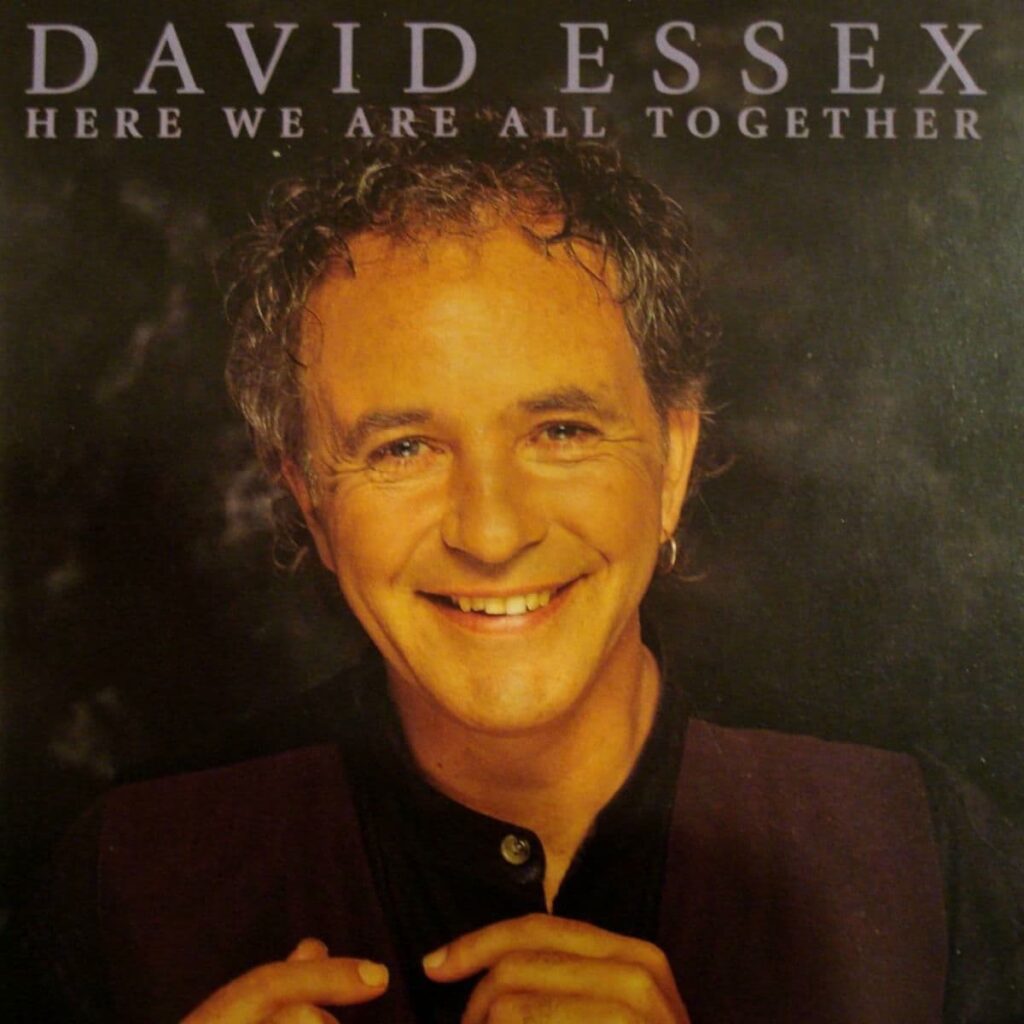
The heartbreaking lament for a love that slipped through your fingers.
In the mid-1970s, the landscape of British pop music was dominated by the theatrical flair of glam rock and the earnest sincerity of singer-songwriters. At the center of this vibrant scene was David Essex, a man who seamlessly blended his rock and roll swagger with a deep, soulful vulnerability. He was the brooding, handsome star of the hit movies That’ll Be the Day and Stardust, and a bona fide pop idol with a string of chart-topping singles. But amongst the flashier hits like “Gonna Make You a Star” and “Hold Me Close,” lay a song that captured the quiet desperation and wistful regret of a moment long past: the unforgettable ballad, “If I Could.”
Released in late 1975, “If I Could” was the lead single from his third album, All the Fun of the Fair. While it didn’t replicate the number one success of his previous hits, it was a significant commercial success in the UK, climbing to a peak position of number 13 on the Official Singles Chart. It was a testament to his star power that he could release a song so deeply introspective and still see it become a top 20 hit. The song’s success was not born of youthful exuberance, but of a shared, mature understanding of a common human experience.
The song’s power lies in its raw, honest storytelling. While many of Essex’s hits were about the rock and roll lifestyle, “If I Could” feels intensely personal. The lyrics are a heartfelt lament, a series of “if onlys” for a love that was lost to circumstance or a lack of courage. It speaks to that universal feeling of looking back on a defining moment in your life and wondering what might have been. The haunting opening line, “If I could have been there just to see you, I would,” sets a tone of profound regret, a desire to turn back the clock to a specific, unchangeable moment. It’s not a song about anger or blame, but about the quiet, aching sadness of a missed opportunity.
The story behind the song is less a tale of grand pronouncements and more a reflection of David Essex’s artistic maturity. By 1975, he had moved beyond the teen idol persona and was seeking to create more meaningful, lasting work. The production, courtesy of his longtime collaborator Jeff Wayne, is beautifully understated, with a prominent piano melody that carries the song’s emotional weight. Essex’s vocal performance is a masterclass in controlled emotion; his voice, rich and warm, is a perfect vessel for the song’s wistful ache. He doesn’t belt out the words in anger, but rather delivers them with a sense of weary, yet profound, resignation. The song feels like a secret whispered between old friends, a shared understanding of life’s bitter-sweet moments.
For those of us who heard it on the radio back then, “If I Could” became a timeless soundtrack to our own memories of past loves and roads not taken. It evokes a simpler time of quiet introspection, of listening to music on an old record player, allowing the melody and the lyrics to wash over you like a wave of nostalgia. It’s a song that proves the most powerful art isn’t always the loudest or the most flashy, but the one that speaks directly to the human heart. “If I Could” is a poignant reminder that even the biggest stars can find their most resonant moments in the quiet, reflective spaces of regret and longing. It’s a song that stays with you, a phantom melody that resurfaces every time you find yourself wondering, “What if?”